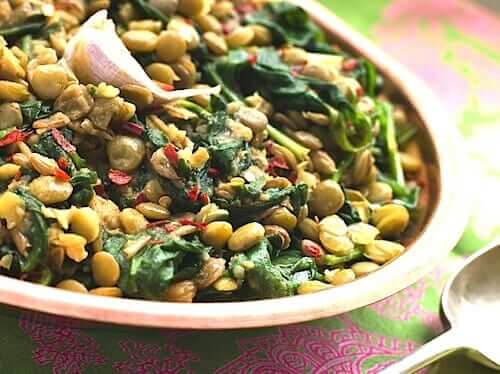Foods rich in potassium
While many prefer to take potassium supplements to improve their health, the best way to increase your intake is through eating foods rich in potassium. Potassium is a vital mineral and without it, your body becomes vulnerable to a host of potentially fatal diseases. Although taking supplements is a quick way to ensure you are…
This post may contain affiliate links. Please read our disclosure policy.
While many prefer to take potassium supplements to improve their health, the best way to increase your intake is through eating foods rich in potassium. Potassium is a vital mineral and without it, your body becomes vulnerable to a host of potentially fatal diseases. Although taking supplements is a quick way to ensure you are receiving a daily dose, adding potassium-rich foods to your diet can have far-reaching benefits.
The Role of Potassium
Potassium maintains the function of many systems in the body. It plays a huge role in cardiovascular health and regulates your blood pressure. It also takes care of your nervous system by making sure the tissues needed to send impulses work properly. Studies also show that potassium helps pass waste out of the body, and improves the flow of oxygen to your brain for better cognitive function.
Potassium From Daily Diet
The average person needs to consume an average of 4700 milligrams of potassium a day. For teenagers and pregnant women, the amount is slightly higher. Although it seems like a high amount to consume each day, it is possible if you follow a diet with foods rich in potassium. Supplements are convenient but can have negative effects if not used properly. Changing your meal plan is a natural, healthier method free from side effects.
Foods Rich in Potassium
Potassium can be sourced from a variety of delicious foods. Tomatoes are perhaps the most common sources of the mineral, and the most preferred. This belongs to the top the list of foods rich in potassium. You can eat them raw, add them as an ingredient or eat more tomato-based sauces and products. Other foods include Swiss chard, bok choy, avocado, spinach, baked potatoes; white beans, bananas, mushrooms, plain yoghurt and salmon. Dried herbs and paprika are also potassium-rich foods you can use to season your meals. Grapefruit and orange juice are great choices of beverage.
Diet versus Supplements
Potassium should always be taken in moderation. Too much of the mineral can cause undesirable symptoms. Getting your dose from diet is far much healthier than taking supplements. Overdosing on supplements usually causes vomiting, diarrhea and stomach pains. In severe cases, patients might notice stools turning a dark or black color, irregular heart beat and a burning sensation in the hands and feet.
How To Identify Deficiency
Because potassium plays such a vital role in body function, symptoms of deficiency should never be ignored. Low levels in the body can cause serious illnesses such as kidney and Chron’s disease. Common symptoms include constipation, fatigue, weak muscles, pain the abdomen and bloating. Without treatment or increased intake, these symptoms can ultimately lead to paralysis or arrhythmia. Please note that people with eating disorders or conditions that cause excessive sweating are at higher risk of a deficiency than the average person.
Potassium is an often overlooked mineral that plays a very important role in your health. From your heart to the brain, this mineral assists your body to perform necessary daily activities that are impossible to live without. Begin increasing your consumption through foods rich in potassium. If your levels are still below standard, consider speaking to your doctor about taking supplements.



Leave a Comment